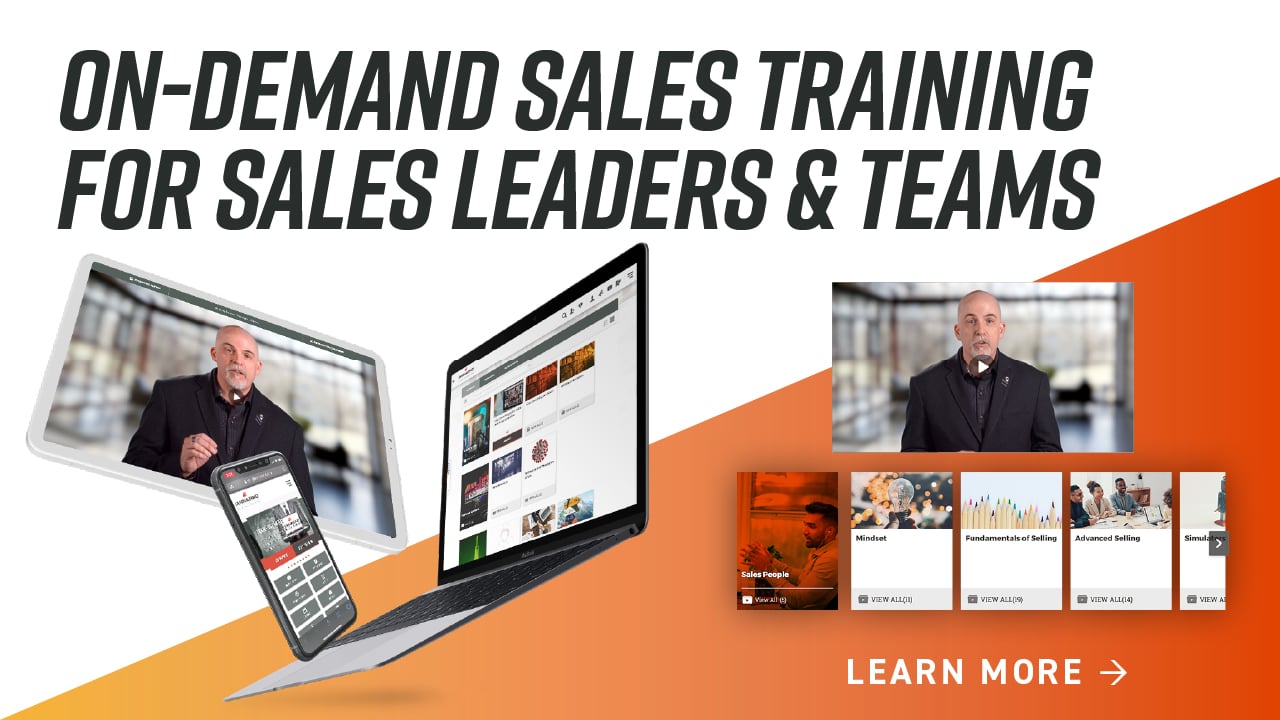Back when I worked for a very small company, I was invited to a meeting with one of my prospective clients. They invited my competitor too, so the contact could explain her project to both of us at the same time. Both my company and I were young and scrappy, while my competitor was sophisticated and buttoned-up. It should not have been a contest, because I shouldn’t have been in the room, but my relentless prospecting habit had earned me a spot.
About fifteen minutes into the conversation, the contact started asking both me and my competitor a series of questions about our processes and how we would take care of her project. One of the questions she asked was about whether we background-checked the employees we provided to our clients. Fortunately, my competitor answered first, proudly stating that his company screened every employee that walked through their door, believing that was the right answer.
When it was my turn to respond, I explained that we didn’t background-check everyone who applied for work and that we only spent the time and money on the people who were qualified.
As I finished my answer, she glared directly at my competitor. There was nothing wrong with his answer, except the way he said it made the contact feel as if he was lying. His company did background checks on everyone they sent to work, and there was no reason for him to exaggerate. There is never a reason to lie to a prospective client, but that won’t stop them from expecting it sometimes.
Here’s why you should tell the truth anyway.
They Ask, You Answer. Honestly.
In that same job, clients frequently asked me how we could prevent service failures. The question was always asked in such a way to elicit a “guarantee” that certain service failures would never happen to them. Having grown up on the operational side of the business, I had spent a lot of time trying to prevent service failures, making marginal improvements but never eliminating them.
At first, I tried answering the question by explaining all the things we did to prevent service failures and how we improved our results. That was often enough to win the business, as we were trying harder than a lot of our competition. But eventually, as I became more consultative, I changed directions.

Instead of being defensive, I started promising clients that we would have some service failures, effectively guaranteeing them that there would be problems. I also told them that they would be responsible for part of the service failures, and explained what it would cost them to prevent them.
No one liked to hear the truth, and they were never thrilled to learn why a large part of their problems was self-inflicted and what they had to do about them. What they did like was having an honest broker who was working to improve things by dealing directly with objective reality.
Eventually, I started telling clients that we would succeed together only after getting through a steep learning curve, saying, “We tend to figure things out on the fifth or sixth try.” The first time I said that to a large client, my contact said, “Five tries? It would take us twice as many to get anything right around here.”
Why You Lie
Salespeople lie when they tell the client what they believe they want to hear. Instead of telling them the truth about what is necessary to produce results, they tell them they can have what they want simply by changing the solution and the provider. In a lot of cases, the client can indeed get better results by making one or both of those changes. But most industries have systemic challenges that are difficult to eliminate completely.
By downplaying the intractable nature of these challenges, you give your client the hope and belief these challenges won’t occur—even though you know better. In doing so, you set an expectation that isn’t true, and you diminish your future credibility by being dishonest.
Given the choice between lying and winning the business or telling the truth and losing, you should choose the latter. But that doesn’t mean you have to choose between winning and telling the truth.

Hard Truths
If the person sitting across the table asks you to guarantee something you know you can’t possibly agree to, you know a couple of things are true. First, they are trying to solve a problem and they hope you can tell them what they want to hear. Second, you may not be dealing with a person at a high enough level to make real change. The “tell” here is that your prospective client believes their supplier is responsible for any service failure.
Instead of agreeing to something you know isn’t true, you are better off explaining why they have that challenge and what they need to do to help you improve their results, as well as all the things you do to mitigate their problems. But if you really want to help your clients change, you may have to move up a level or two before you find a person who prefers your honest assessment of how you can help—and what they can do to help themselves.
Speaking truth doesn’t always make you popular, nor does it thrill people when you tell them they can’t have what they want. But a large part of business is solving problems, and you can’t solve them by not addressing reality. Over time, you will make a bigger impact for your clients by dealing with the real source of their challenges, the ground truth.
Being a consultative salesperson means telling your client what they need to hear, not what they want to hear— something that requires diplomacy, a sense of humor, and the insights and data to back up your recommendations.

Get the Free eBook!
Learn how to sell without a sales manager. Download my free eBook!
You need to make sales. You need help now. We’ve got you covered. This eBook will help you Seize Your Sales Destiny, with or without a manager.
Download Now








.jpg?width=768&height=994&name=salescall-planner-ebook-v3-1-cover%20(1).jpg)



Comments